Sometimes I write about movies with my fingers plucking away, still clumsy after all that time imprisoned, fleshy and thick and unaccustomed to more advanced technology. And sometimes, what taps out these letters are bones, with tattered remnants of skin still attached, the body flayed open by exposure to a particular viewing experience. “Waves” fits that definition. In fits and starts, it leaves you as bones.
There are several points into Trey Edwards Shults’ ambitious “Waves”, though I’ve selected the father, Ronald, played by Sterling K. Brown. I was completely new to this actor for a while, as I hadn’t been watching “This Is Us” when I was down. I first got a long look at him in the very silly “The Predator”, where he was a sarcastic antagonist. With his detached delivery and wolf’s smile, I saw so much – he could be sensual, he could be funny, he could be intense. This was the actor as piano keyboard – too many notes to repeat the same one.
In “Waves”, Brown’s Ronald is an upper class Florida father with two teenage children, Tyler (Kelvin Harrison Jr.) and Emily (Taylor Russell). You can make the argument that “Waves” is each of their stories. Early on, it does seem mostly occupied with Tyler, whom we meet in the midst of a stressful existence. “Waves” was released in 2019, and I was an adult male who had already been imprisoned for five long years at that point. Teenagers growing up in 2019, like Tyler, were in a world so different from mine. I couldn’t have reached Tyler’s level of achievement in the modern world, with political chaos, the stresses and humiliations of the internet, the precise expectation from the modern world. Tyler, who has nonetheless achieved much, is barely holding it together.
I was not a part of Earth from ‘14-’23, but upon watching the movies, so few of them actually feel like they’re about contemporary life. “Waves” uses gorgeous cinematography to capture suburban Florida, but there is a realism to Tyler’s emotion, filtered through today’s technology, that allows for an intense immediacy. “Waves” feels like a movie of 2019. I’ve seen so many movies from 2019 now, and none of them seem like they’re commenting on the world in which they exist – maybe some of them, through elaborate metaphor.
Tyler’s an aspiring wrestler, hoping to gain a scholarship to please his father. Ronald is hard-driving and unwilling to compromise – he believes in extricating Tyler’s best self from his spirit, and doesn’t seem concerned with what’s left of the boy. He’s also trying to build a bond of understanding, teaching Tyler how to be a man, showing him how to follow in his footsteps. He’s hoping to strike a balance between taskmaster father and reliable friend. In small ways, his balance is growing disproportionate. Inevitably, Tyler finds himself having to lie to his father about a setback in his wrestling training. Even at that age, a child like Tyler realizes that, from 17-18, you have to go from teenager to adult, you have to transition quickly, with little margin for error. And Ronald is one of those fathers that expects Tyler to become an adult as soon as he turns 18.
Tyler’s circumstances metastasize, and then terrible, terrible, and admittedly-avoidable tragedy ensues. It’s a series of events that remains difficult to watch, and it tore my insides apart. I’m not capable of the humanity Shults shows here in his storytelling, in how he crafts images and scenarios that explain in great detail how the most mundane of us commit monstrous acts. This film, in that first half, reveals a blinding humanity in tracing a vulnerable person’s life from the loss and emptiness they experience into the tragic and hostile acts in which they engage. I had to constantly remind myself of the humanity of those surrounding me in prison. Sometimes, your behavior in your lowest moment dictates who you become, and how the rest of your life is planned. And the result in “Waves” isn’t a healing – it’s a family torn apart.
The second half of the film follows the aftermath of the tragedy. While the first portion followed an increasingly-dismantled Tyler, young Emily becomes the focal point for the second half. What follows from that first half is largely more abstract, less explicit. During Tyler’s storyline, we were watching a family. In the film’s second half, we’re watching pieces of a broken unit. Ronald in particular must learn to move forward. He is initially reluctant to blame himself for what happened with Tyler. But one look at Brown’s glassy eyes and you can see this is a man with regrets. While he won’t tell his family (including his wife, played by Renee Elise Goldsberry), he knows he made mistakes. But in each small moment, he is being torn apart trying to figure out what these mistakes were.
Emily, who felt tragedy land in her young lap far earlier than she was able to process, nonetheless marches on with school. Everyone has an opinion on her brother, once in person but afterwards likely twice or more online. She was just learning her identity, but it was refracted through her bigger brother. Now that he’s gone, she has to understand who she is as the oldest, as the only child. Her emotions take her to Tyler’s former teammate, played by a winsome Lucas Hedges. But learning intimacy again after losing such a pivotal part of yourself proves to be a challenge.
The movie’s second half is a little broader, less-focused than the first half. The apt comparison is probably Derek Cianfrance’s “The Place Beyond The Pines”, which in its final hour never ascends to the heights of that first act. If I were giving stars or grades or whatever, then yes, this would take down the “value” of the movie, as far as thinking in a linear manner. What I’m trying to get across is, who cares? A movie affects you in many different ways, and it never has anything to do with the male-centric story progression of buildup followed by catharsis. “Waves” culminates in wounds that heal, which has less conventional entertainment value that what causes the wound. I personally wish the end of “Waves” was more emotionally articulate. But I think Shults would agree that we just need to learn to consume movies differently.
I wanted to discuss the prison hierarchy. By that I mean, those in prison as inmates, and then those who work in a prison. There were strikes recently in several institutions (as read here, a great essay), which led to inmates paying the price. Prison guards had rightful protest – they were dealing with understaffing, questionable wages, and an overall elimination of funds that forced officers to adapt multiple responsibilities. Nonetheless, whatever their gains, inmates were reduced to having no custodian, which led to them staying in cells, unable to move, not allowed to even use the phones to contact families and friends. Less guards invariably means even more restricted movement.
There were many moments in prison where “movements” were canceled, and you’d be stuck in your cell or cubicle. For days, I would have to see men robbed of their chance to visit the law library (to fight their case), unable to use the computers to email family, and restricted from using the phones. A lot of it happened once we began to open up after COVID. Suddenly, the easy work of guards who merely had to keep us in our cages had changed, and the institution had refused to budge from the skeleton crews they used before. As glad as we were to be given the chance to go outside, to exercise, to eat in the cafeteria, it would be taken right back from us because an officer wouldn’t show up in protest. As the above link emphasizes, it did little for morale.
A few quick links:
Fourteen families united by having a loved one as a prisoner of ICE. You can support them here. They need your help, they’re fighting a government that cheats, and they’re imprisoned without due process.
And remember the legendary Monroeville Mall from “Dawn Of The Dead”? Well, they’re turning it into a WalMart. Fight them here, so you can make sure that the dead don’t roam the earth in WalMart.
Be here on Monday for the start of PRIDE WEEK!

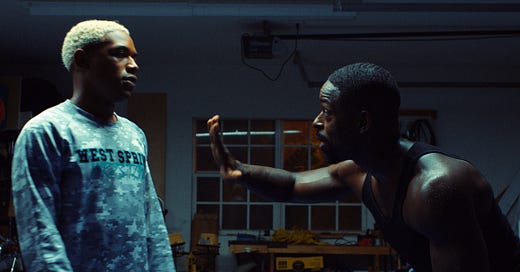



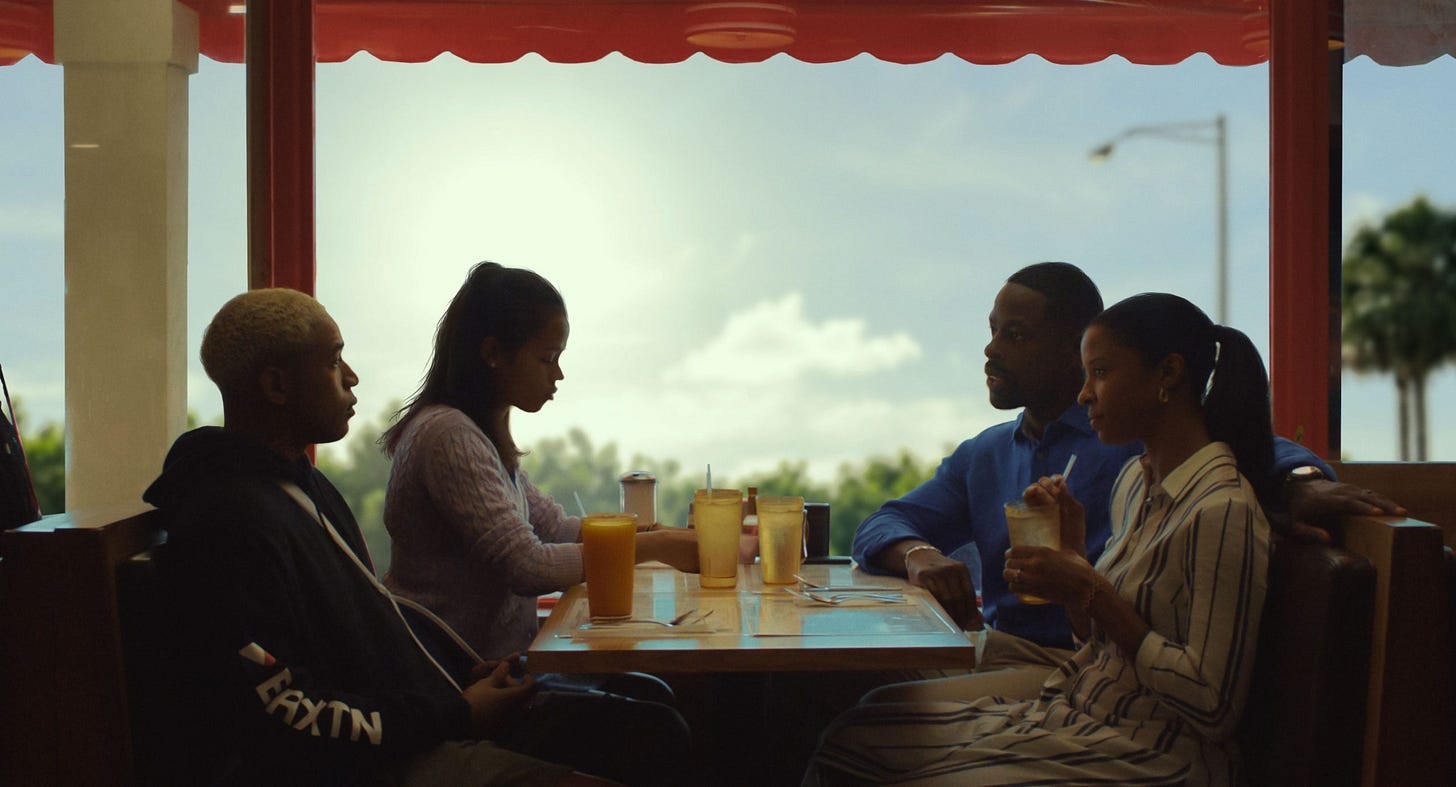
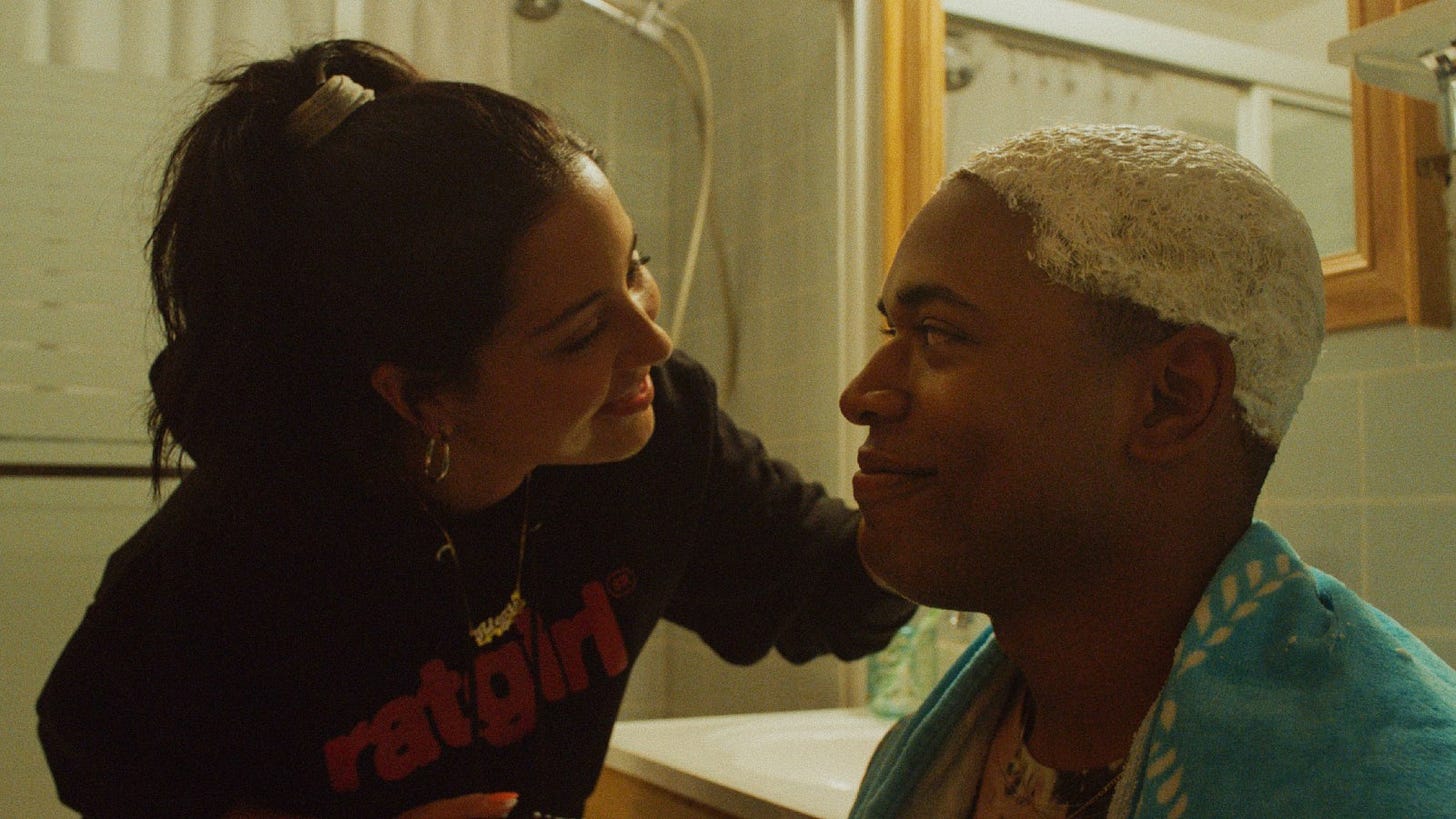
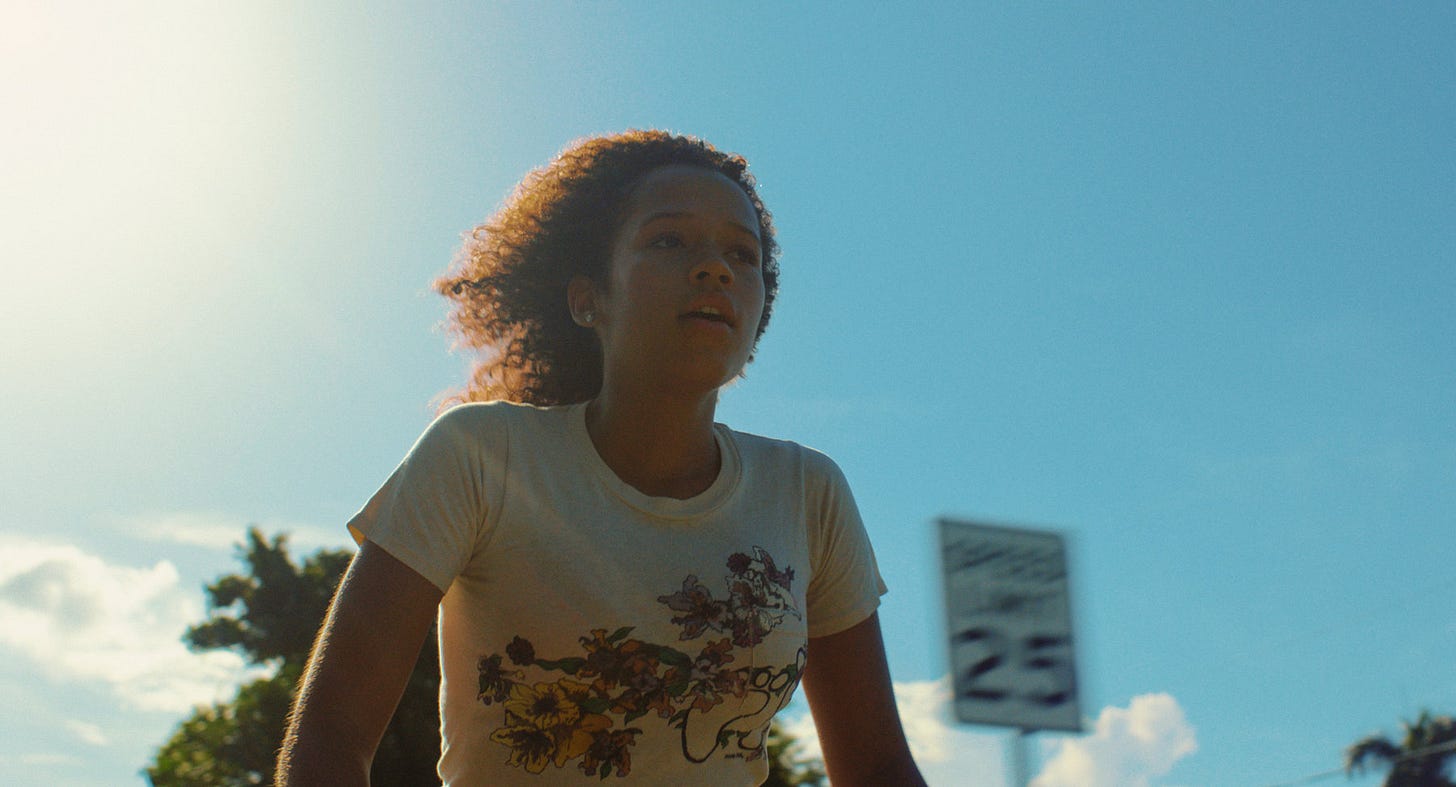
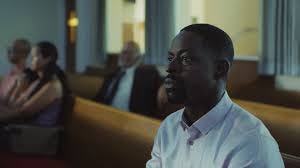
Oh my goodness, this is so beautiful. I loved the way you've read this narrative; I felt like I was a watching the movie take place. I honestly cannot wait to watch this movie.